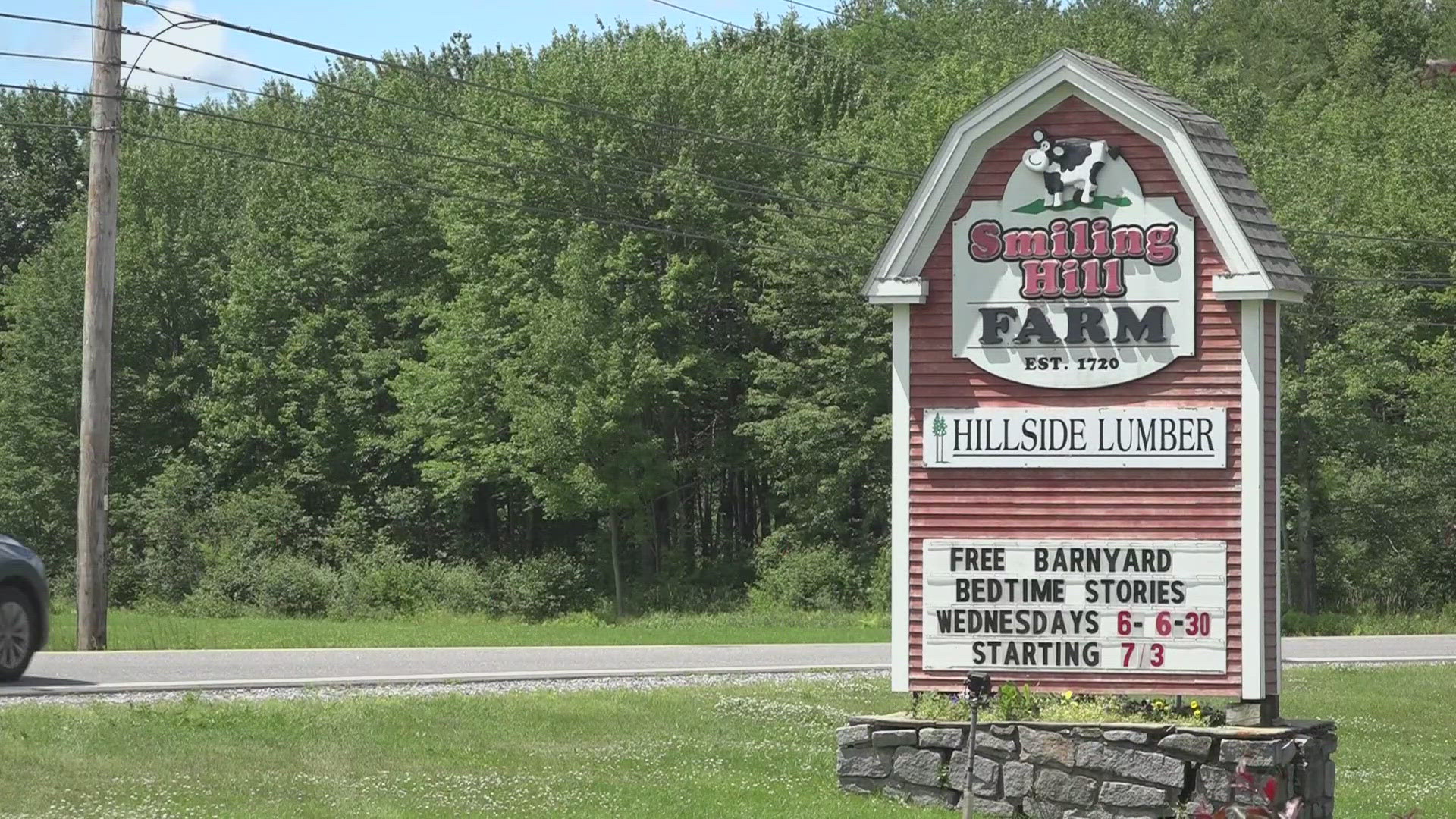MAINE, USA — The Maine Turnpike Authority and some community members are clashing over the proposed Gorham connector route, which aims to decongest traffic in Portland's western suburbs.
The 4.5-mile connector would run from Exit 45 in South Portland on the Maine Turnpike and end south of Gorham Village at the Gorham Bypass.
The connector would alleviate traffic congestion in the entire region, according to a study commissioned by the MTA. The study shows the route would cut down surrounding roads' traffic, saving those drivers about four minutes of travel time. The route itself will save people who use it 10 minutes or so depending on the time of day, MTA's Executive Director Peter Mills said.
However, some people in the community are against the highway expansion and want the MTA to explore other options.
"I don't think four minutes of time on someone's commute is worth losing all that we'd lose if we build this turnpike," Abby King, a Gorham resident, said.
King is part of a new initiative, Mainers for Smarter Transportation, created to oppose the new connector. King is afraid the route will cause Gorham to lose its character to "classic suburban sprawl."
She said she hopes the MTA will consider community input because many think it will do more harm than good.
"What I would love for the Maine Turnpike Authority to do is to throw in the towel," she said.
King is joined by other Mainers, like Warren Knight, the co-owner of Smiling Hill Farm, who oppose the connector.
"That would be fatal to our farming operations," Knight said. "We need those land assets to survive. A farm without land is not a farm."
The MTA would need about 50 acres of Smiling Hill Farm's property, cutting through hay fields and a wood lot, Knight said. The family has no interest in selling their land at any price, he said.
"If the community decides that they would rather have a highway there than a farm, then we’ll have to accept that. We'll swallow hard, but we'll have to accept that," he said. "What we're seeing is just the opposite, and until we see different, we're going to continue to fight."
The MTA estimates the connector will cost about $240 million, Mills said. He said the MTA has explored other options, but this proposal is the result of 'intense study over a long period of time.'"

